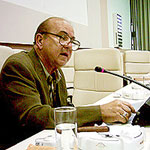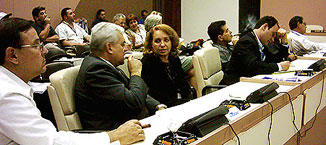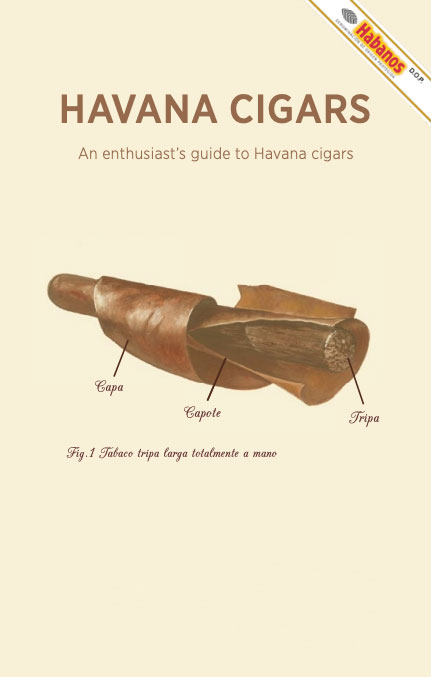Habano Festival: A Cultural Analysis of Cuban Cigars

It was the first time that Miquel Barnet, President of the Fernando Ortz Foundation and Vice President of the Union of Writers and Artists of Cuba (UNEAC), appeared at the Habano Festival as part of the International Seminar. During his master conference, he discussed the connection between Havana, Cuba, and the San Cristóbal de la Habana brand.
The History of Tobacco in Cuba
During the discovery of Cuba, chroniclers provided him with accounts of the island’s discovery. According to these historical accounts, Europeans were not able to appreciate the value of tobacco when they were first exposed to it. Initially, tobacco was associated with native healing rites and religious beliefs. Inhaling leaf smoke lost its mythical and religious properties after aboriginal cultures and mythologies were destroyed. Europeans eventually began smoking due to this shift in the cultural significance of tobacco.
The First Tobacco Smoker in Europe
According to Barnet, the first tobacco smoker in Europe was a crew member from Columbus’ first voyage. This crew member brought some smoking tobacco samples to show his family and friends. As a result of his recklessness, he was accused of being possessed by the Devil by the Holy Inquisition.
The Significance of Tobacco in Cuba’s Culture and Economy
The story of the first tobacco smoker in Europe reveals the significant role tobacco played in shaping cultural and social practices around the world. According to Barnet, the discovery of tobacco and the eventual incorporation of smoking into European culture has had both positive and negative profound effects on the world. Cuba’s economy has been heavily dependent on tobacco cultivation and cigar production for many years. Symbolizing Cuba’s rich cultural heritage, it has become an integral part of the Cuban identity.
The Habano Festival
Since 1999, the Habano Festival has attracted cigar enthusiasts and experts from around the world. Cuban cigars are celebrated here, bringing together tobacco growers, cigar makers, and aficionados to share knowledge and experience. In addition to seminars, cigar tastings, and visits to tobacco plantations and cigar factories, the festival includes a series of events.
Conclusion
A master conference delivered by Miquel Barnet at the International Seminar during the Habano Festival offered valuable insights into tobacco’s history and cultural significance in Cuba. In Cuba, tobacco and cigars have shaped the country’s identity and economy for centuries. The Habano Festival is an essential event that celebrates this cultural heritage and brings cigar enthusiasts from around the world together.
- Miquel Barnet, President of the Fernando Ortz Foundation and Vice President of the Union of Writers and Artists of Cuba (UNEAC)
- European’s first exposure to Tobacco
- Aboriginal cultures and mythologies
- The first tobacco smoker in Europe
- The Significance of Tobacco in Cuba’s Culture and Economy
- The Habano Festival
- Cigar growers, makers, and aficionados




